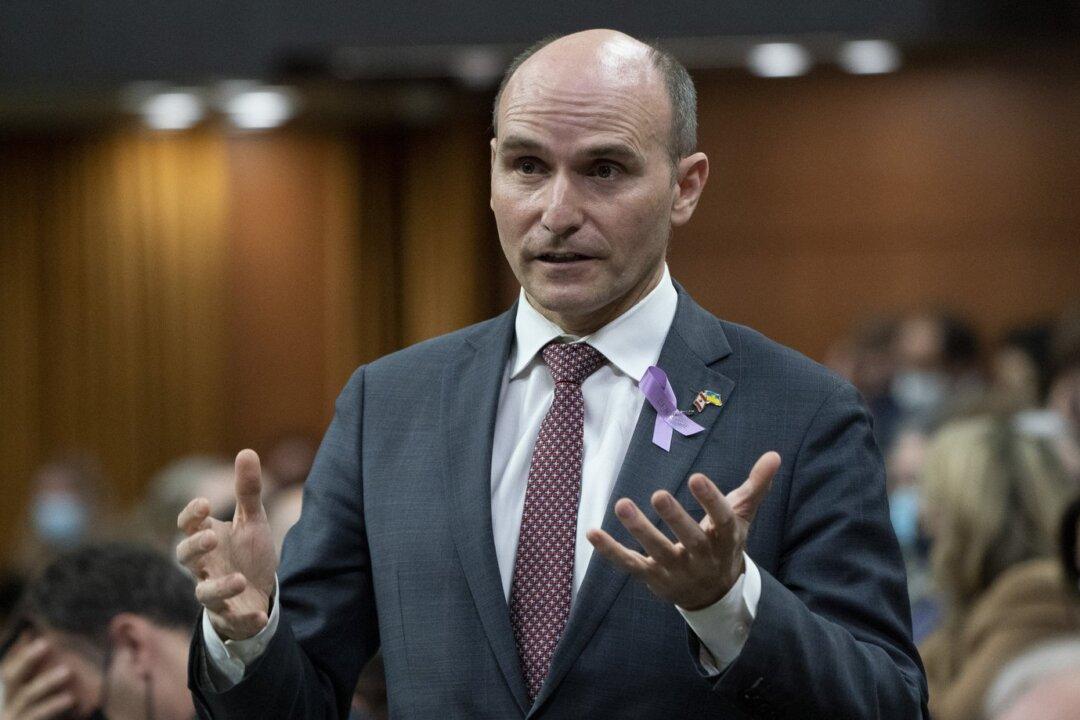Health Minister Jean-Yves Duclos says the federal government will commit another $2 billion to help provincial health systems work through their surgical and diagnostic backlogs caused by the COVID-19 pandemic.
The money, included in the newly tabled Bill C-17, follows a $4-billion top-up to the federal health transfer last summer and is expected to be a one-time payment, distributed equally based on population.





